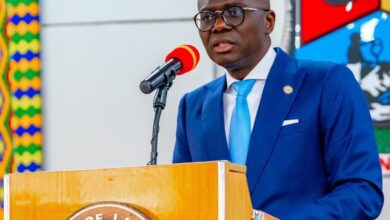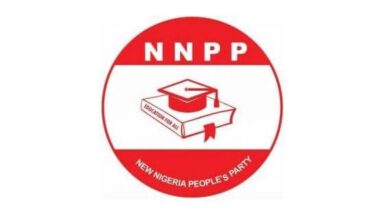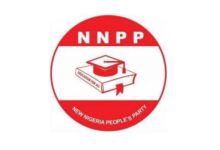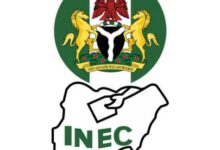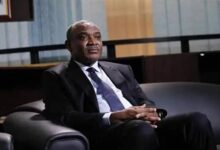If bill on constitutional role for traditional rulers is re-presented, we will support it, says Gov Uzodinma
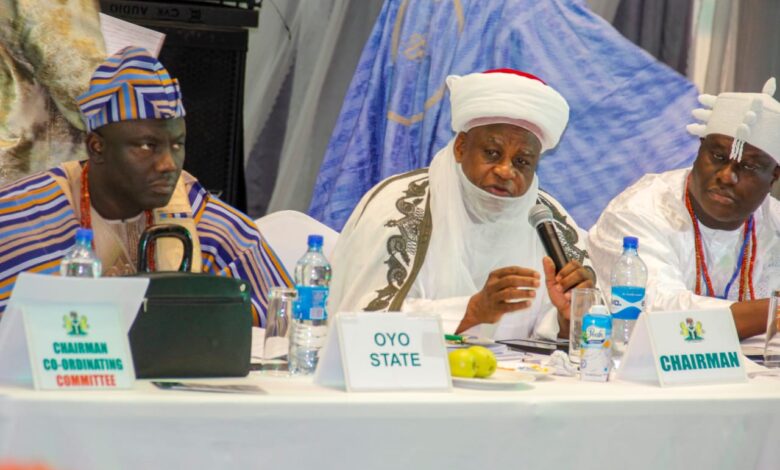
By BASHIR ADEFAKA
“Traditional Rulers are always the first point of contact in the time of crisis. Whether you recognize these places or not, the people recognize them.”
In recognition of the vital role traditional rulers play in the natural leadership for human society, state leaders including Governor of Imo State and Chairman of the Progressive Governors Forum in Nigeria Senator Hope Uzodinma have said they not only deserve constitutional role but also, more importantly, remain an institution that all must respect for their special status as a non-tenured state actor.
ALSO READ: Sultan, Ooni, governors in attendance as Tinubu declares open traditional rulers meeting in Lagos
The governor says traditional rulers remains the most enduring link between government and the people and must be formally recognised within the governance framework.

To this end, Governor Uzodinma says, if the monarchs re-present their Bill seeking to be recognized as players of role in the amended Constitution being proposed, “we will support it”.
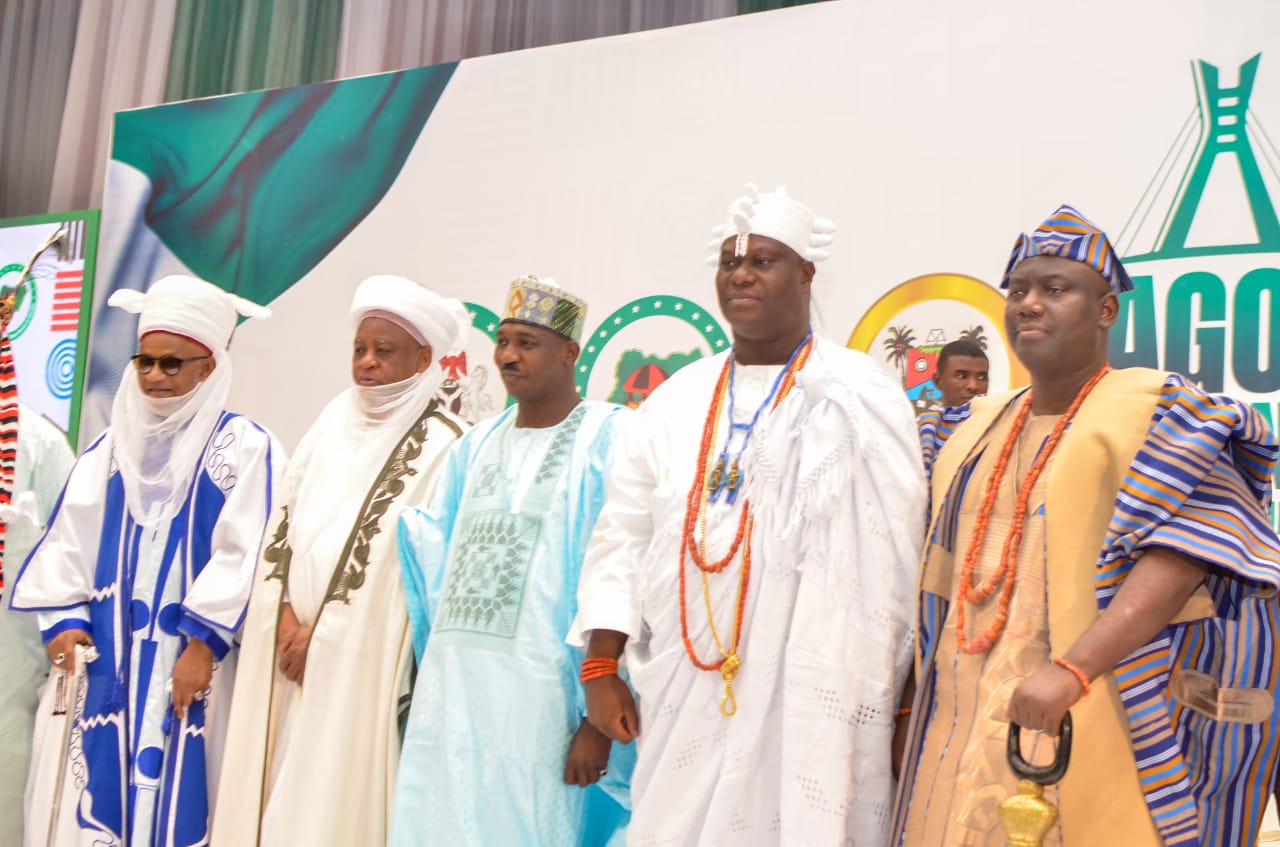
Uzodinma, who played the dual role of guest speaker and representative of President Bola Ahmed Tinubu in declaring open the National Executive Committee (NEC) meeting of the National Council of Traditional Rulers of Nigeria (NCTRN) in Lagos, on Monday October 13, 2025, posited that traditional rulers remain the most enduring link between government and the people and must be formally recognised within the governance framework.
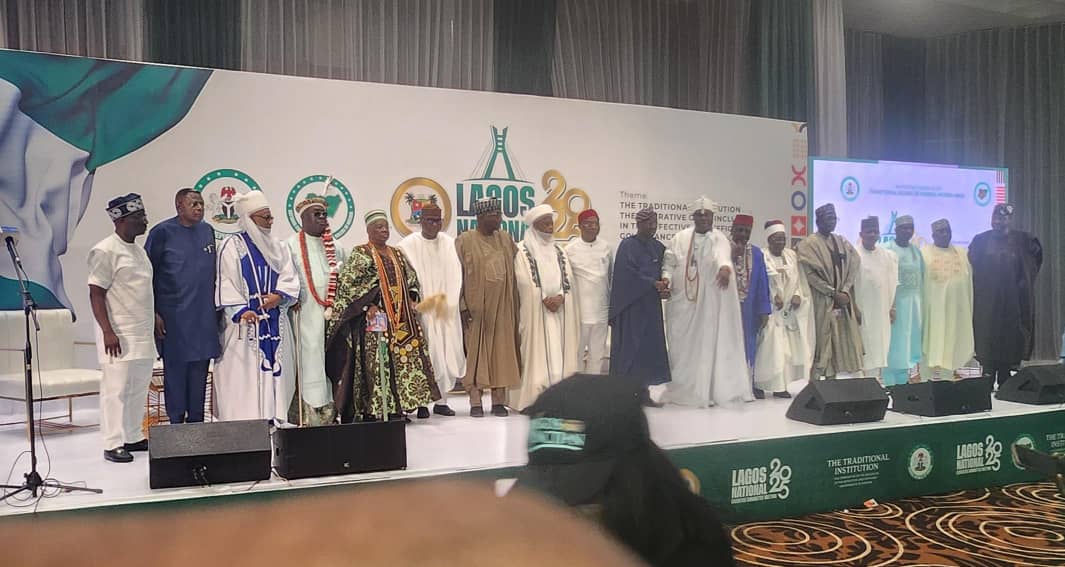
At the meeting with the theme, “The Traditional Institution: The Imperative of Its Inclusion in the Effective and Efficient Governance in Nigeria”, the guest speaker said, “Traditional Rulers are always the first point of contact in the time of crisis. Whether you recognize these places or not, the people recognize them.”
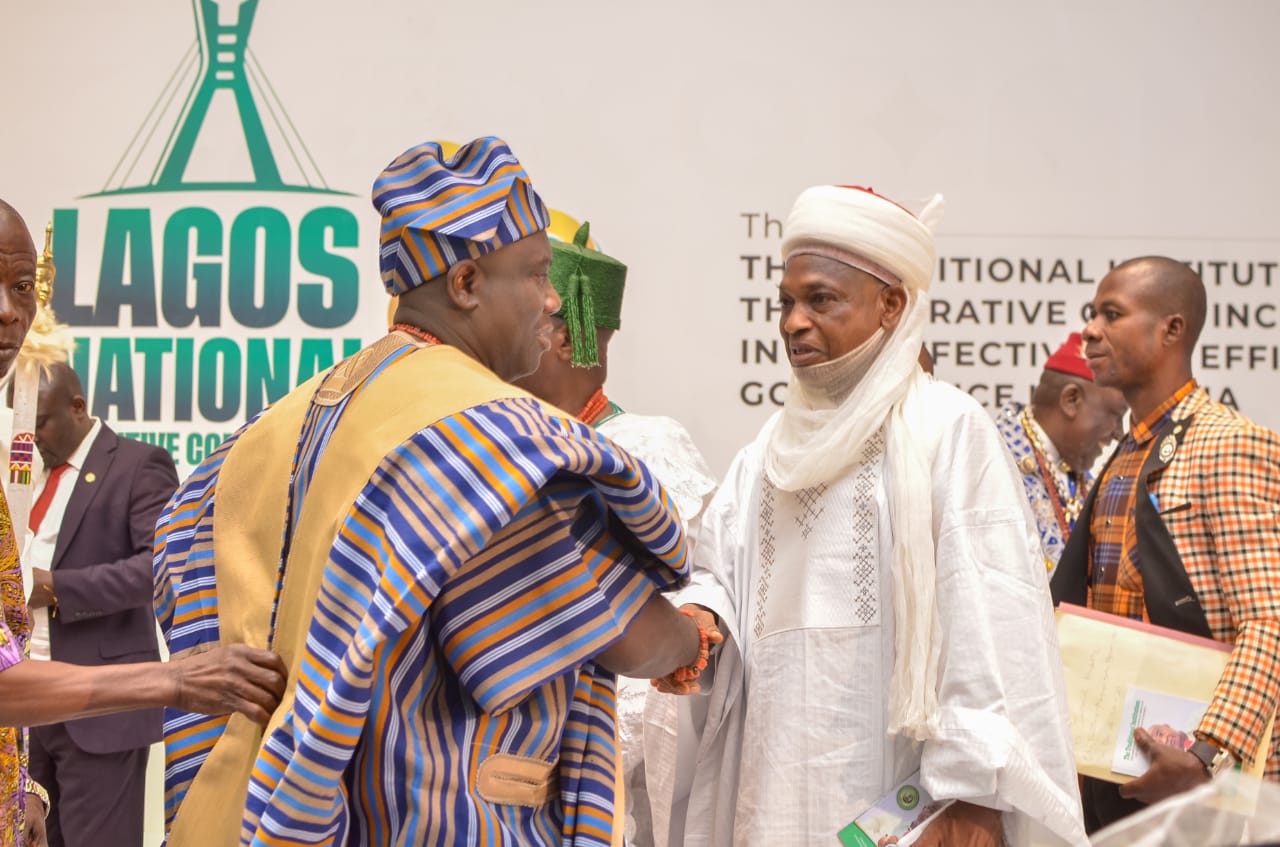
The DEFENDER reports that the meeting was declared open at a ceremony well attended by 10 governors and many monarchs from across the country, as Governor Hope, who is believed to traditional institution-friendly state leaders, described the monarchs as pivotal to national growth and development.
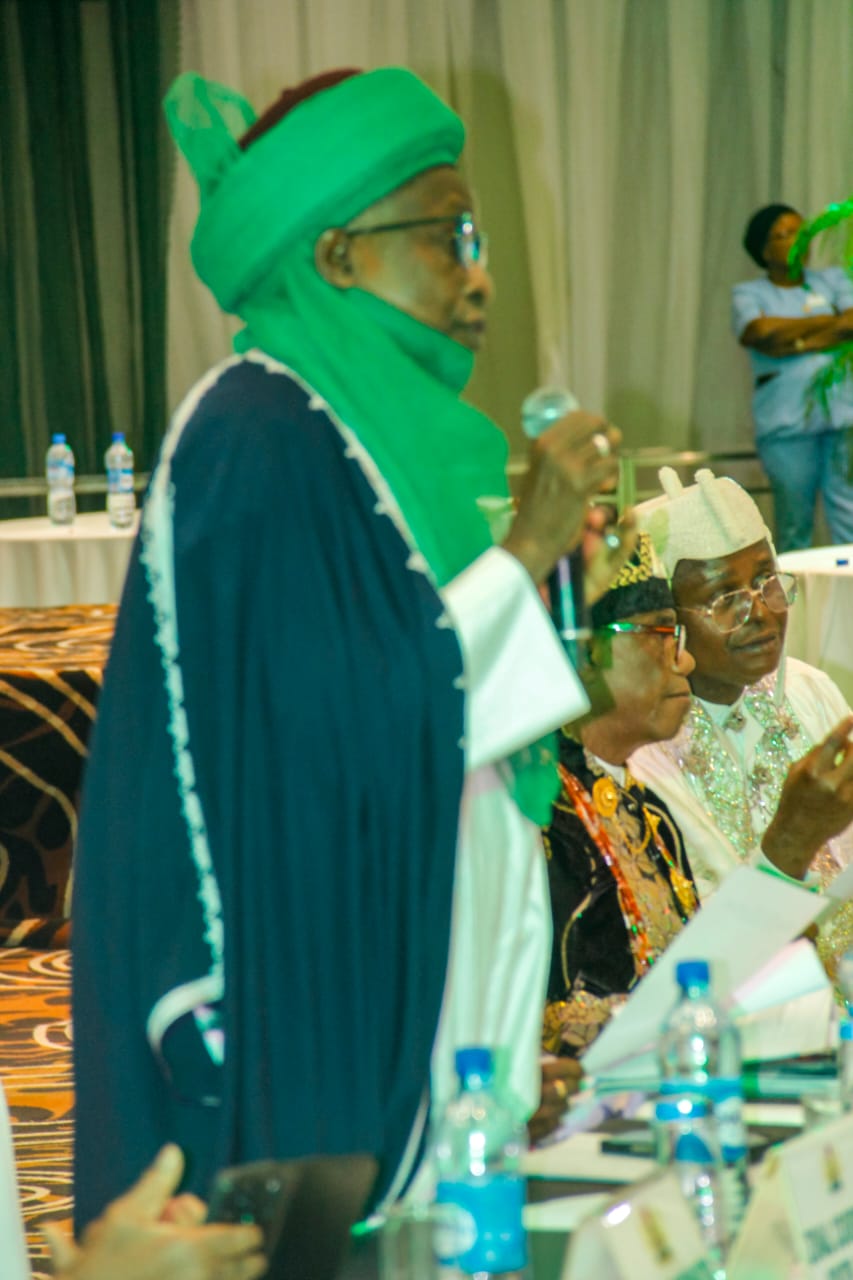
ALSO READ: Sultan of Sokoto Caliphate arrives Lagos ahead monarchs’ meeting
The meeting brought together royal fathers from across the country to deliberate on the constitutional relevance of traditional leadership in modern governance.
Addressing the monarchs in his paper presented with copies distributed to audience at the opening ceremony, Governor Uzodinma said that the traditional institution continued to perform crucial roles in promoting peace, cohesion and stability, in spite of the absence of constitutional backing.
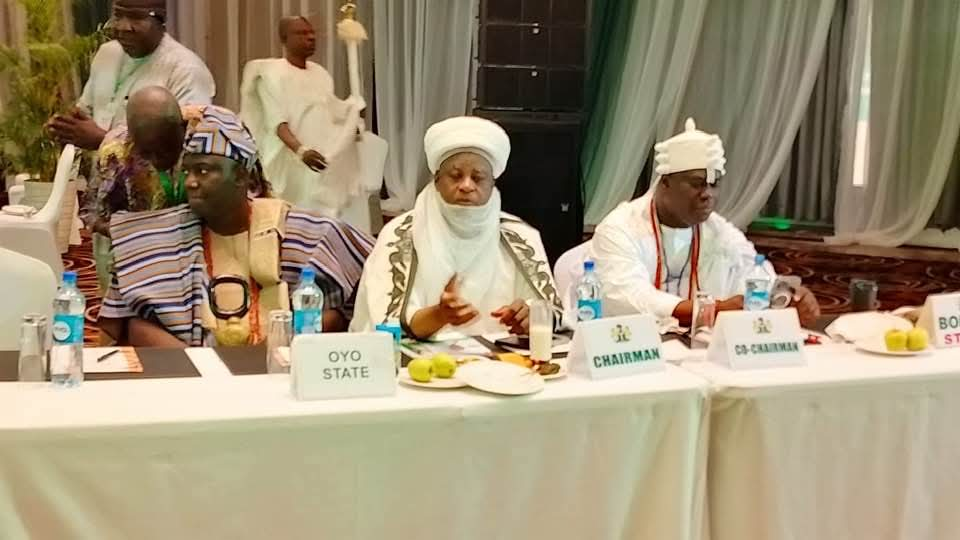
He said, “Across the country, our traditional rulers carry out essential responsibilities that keep our communities united and functional; mediating conflicts, preserving culture, and maintaining order.”
The Imo State Governor, who cautioned the traditional rulers not to allow anyone to drag their stool into the arena of politics, said what was required was to give legal backing to their responsibilities as royal fathers.
Lamenting that the 1979 Constitution robbed traditional rulers in Nigeria of their constitutional roles as, according to him, they were given constitutional backing in the 1960s, Governor Uzodinma buttressed his position with an explanation that the traditional rulers are not asking for privilege, but to reflect on a reality, “that across the country, traditional rulers continue to carry out responsibilities that are essential to the stability, cohesion and governance of our communities.”
Governor Uzodimma noted that under the 1963 Republican Constitution, the Oba of Lagos was listed as an ex-officio member of the Senate, alongside other chiefs selected to represent the Lagos Territory.
“This provision, set out in Section 34(2)(ii) of the Constitution, gave traditional rulers direct legislative presence at the federal level,” he recalled.
According to him, traditional rulers had defined roles in the country’s early constitutional order, citing the 1963 Republican Constitution, which gave them legislative presence and participation in governance.
He lamented that the 1979 and 1999 constitutions failed to restore such recognition, leaving the institution to operate informally.
Defending the undoubtable ripeness of need for the monarchs’ demand to be given constitutional role in the nation’s management, the former senator of the Federal Republic argued that such demand “is not a question of nostalgia but one of institutional continuity, adding that, “Our royal fathers are still doing the work; what they need is formal recognition by law.”
He, therefore, urged the National Assembly to revisit the issue, stressing that some African countries like Ghana, South Africa, and Namibia had already constitutionally entrenched their traditional institutions without undermining democracy.
Describing the traditional institution as indispensable to Nigeria’s unity and stability, Governor Hope Uzodinma gave a takeaway by which he profoundly drummed support for the monarchs’ Bill, saying that the time had come to grant legal backing to the functions traditional rulers already perform in the country.
“The marriage between governance and tradition is real. The only thing missing is the certificate,” he said while, however, advising the monarchs to remain neutral in politics, saying their moral authority and public trust were crucial to sustaining their influence and dignity.
He explained that, across the regions, the structure was even more entrenched, stressing that Northern Region Constitution established a House of Chiefs as one part of the legislative arm of the government; likewise the Western Region and the newly created Mid-Western Region followed the same model.
The guest speaker explained that the Eastern Region provided even broader constitutional recognition, with Section 4 of its 1963 Constitution created a legislature composed of the Governor, the House of Assembly, and the House of Chiefs.
“It changed with the 1979 Constitution, which removed these roles. The 1999 Constitution did not restore them. And so began the drift into informality where traditional rulers were left with advisory positions defined not by law, but by the discretion of government.”
He added that Nigerians must stop pretending that the absence of a constitutional role means an absence of function for the traditional rulers.
“I can tell you today without fear of equivocation that your relevance is not in question, was never in doubt and would never be in doubt. What is questionable is the failure of the system to give legal backing to a role it already depends on.”
Uzodinma added that the continued influence of traditional rulers in Nigeria is not a courtesy extended by the state, but it is a consequence of lived reality.
Continuing, the Governor noted, “That neutrality is not a weakness. It is strength. It gives credibility to your counsel and dignity to your institution.
“To maintain that trust, the line must remain clear. You must speak when necessary, guide when needed, and send a warning when danger is imminent. This must be always be done as statesmen, not as political actors.
“Your institution is unique in the architecture of power. It has no tenure, no retirement age, and no term limits. It attracts those who have served the nation: in the military, in law, in politics, in academia, because it is a seat of enduring honour. That honour must not be diluted.
“Don’t let anyone drag your stool into the arena. And let no one mistake your dignified silence for irrelevance. A word from the palace, spoken in truth and without bias, and at the right time can shape the direction of a state.
“That is your strength. Please endeavour to protect and preserve it.
“Across towns and villages, traditional leaders remain the first point of contact in moments of crisis, the first to be consulted, when tempers rise, and the last to retreat when disorder threatens stability.”
Governor Hope Uzodinma, the guest speaker, stated that some argued that Nigeria, being a republic, should not constitutionally recognise traditional rulers but noted that, that is fallacy.”
Gov Sanwo-Olu: Government cannot thrive without traditional rulers
Governor Sanwo-Olu, earlier in his remarks, described traditional rulers as the custodians of culture and moral authority, noting that no government can thrive without their cooperation.
“Long before modern governance took shape, our traditional rulers were the bedrock of stability and justice,” he said.
He called on the monarchs to remain impartial and united, adding that democracy now provides an opportunity to restore their institutional relevance weakened by years of military rule.
Sanwo-Olu observed the relevance of traditional institutions diminished during the military incursion in societal politics, dealing a blow to the traditional institutions.
He said the military rule significantly eroded the laudable roles traditional rulers had played in shaping the nation and its cherished traditions.
“With the restoration of democracy in the country since 1999, our traditional rulers are gradually asserting themselves back into national consciousness. But we are not yet there. I advise that our traditional rulers continue to push for more constitutionally-backed relevance.
“This is the right thing to do, and we promise to support this push because we believe we need to tap from the experience and wisdom of our traditional rulers to make more progress.
“This meeting presents a unique chance to push for clarity; not for the sake of prestige, but for practical reasons. When traditional leaders are clearly woven into our governance framework, their authority can become a valuable asset for fostering peace, resolving conflicts and driving community development.
“As our nation grapples with complex social, economic, and security issues, it is crucial that we tap into the wisdom and influence of our royal fathers in a coordinated and structured way,” he said.
The Lagos State governor encouraged the monarchs to continue to be steadfast pillars of integrity, fairness, and unity. The Governor said the communities looked to the traditional institutions not just as cultural symbols, but as moral guides.
Voices of traditional leaders, Sanwo-Olu said, hold significant power when calling for peace, equity and progress, adding that their actions touch hearts and shape futures.
“Let us collaborate to ensure that our traditional institutions stay impartial, inclusive, and in sync with the broader vision of a just and thriving Nigeria,” Governor Sanwo-Olu said.
Prominent traditional rulers
The meeting with the theme, “The Traditional Institution: The Imperative of it’s inclusion in the effective and efficient governance in Nigeria”, was attended by prominent traditional rulers in Nigeria.
With the Sultan of Sokoto Caliphate, Alhaji Muhammad Saad Abubakar, as its Chairman and Ooni of Ife, Oba Enitan Adeyeye, as its co-chairman, the National Traditional Rulers Council of Nigeria (NTRCN) has other first class traditional rulers in the country as members.
Sultan of Sokoto and Chairman of the National Traditional Rulers Council of Nigeria (NCTRN), Alhaji Muhammad Sa’ad Abubakar, commended President Tinubu for his commitment to national unity and urged traditional rulers to sustain their efforts in promoting peace and security across the country.
CLICK HERE TO WATCH VIDEO OF SULTAN’S SPEECH TO THE NTRCN NEC MEETING
This global online newspaper reports that prominent traditional rulers in attendance opening ceremony that was immediately followed with the close session of the NEC meeting, aside the Sultan of Sokoto and Chairman of the Council, included the Ooni of Ife, Oba Adeyeye Enitan Ogunwusi, who is co-chairman of the NTRCN, Etsu Nupe and NTRCN Coordinating Chairman, Alhaji Yahaya Abubakar, the Emir of Gummi and Northern Nigeria Traditional Rulers Council Coordinating Chairman, Justice Hassan Lawal (Rtd), the Alaafin of Oyo, Oba Abimbola Hakeem Owoade I, the Deji of Akure, Oba Aladetoyinbo Ogunlade Aladelusi, Oba of Lagos, Oba Rilwan Akiolu (represented), the Emir of Anka and Chairman Zamfara State Emirate Council, Alhaji Attahiru Muhammad Ahmad, Emir of Argungu and Deputy Chairman Kebbi State Emirate Council, Alhaji Samaila Muhammad Mera, Eze Iweka III of Obosi Kingdom Anambra State, President General, Akwa-Ibom State Supreme Council of Traditional Rulers, Nteyin Dr. Solomon Etuk, the Ayangburen of Ikorodu Lagos State, Oba Kabir Shotobi, the Alara of Ilara Kingdom, Lagos State, Oba Folarin Ogunsanwo, and other eminent traditional rulers from across South East and South West of Nigeria.
Aside Imo State Governor Hope Uzodinma, who stood both for President Bola Ahmed Tinubu in declaring open the meeting, and for himself as guest speaker, the monarchs NEC meeting on Monday also saw the attendance of Chairman of Nigeria Governors’ Forum and Kwara State Governor, Alhaji AbdulRahman AbdulRazaq, Governors Aliyu Ahmed of Sokoto, Babajide Sanwo-Olu of Lagos, Usman of Ododo of Kogi, Dikko Umar Radda of Katsina, Nasir Idris of Kebbi, Mai Mala Buni of Yobe, Bassey Otu of Cross Rivers and Monday Okpebholo of Edo and Abiodun Oyebanji of Ekiti, also graced the monarchs’ meeting opening ceremony on Monday.




